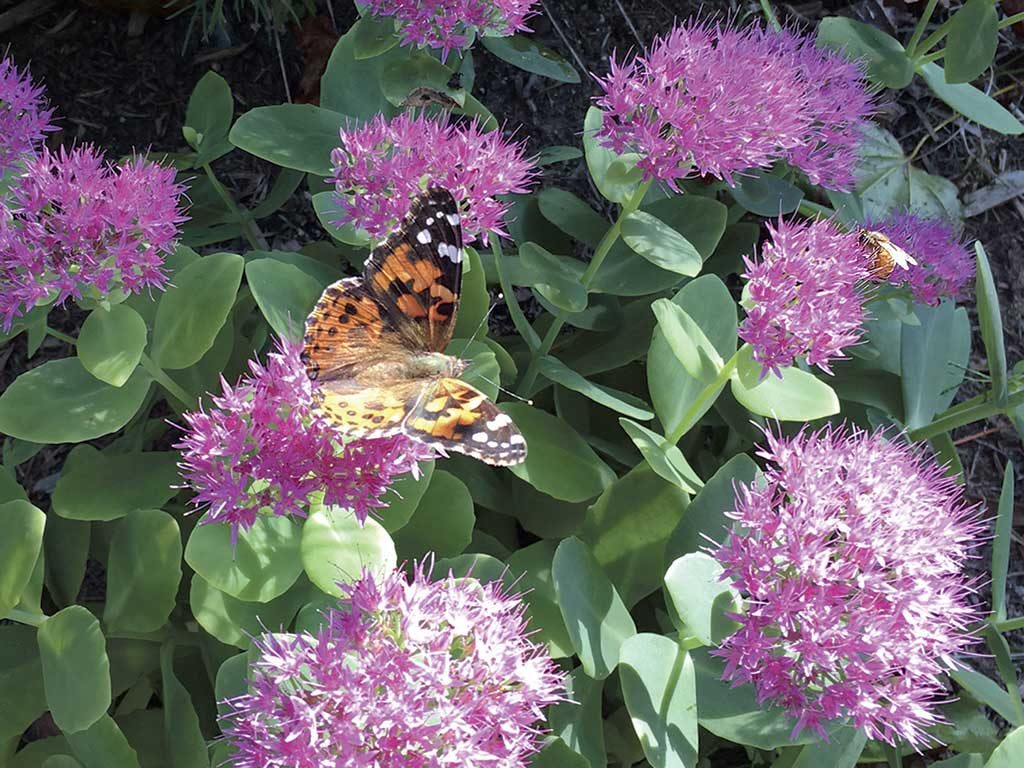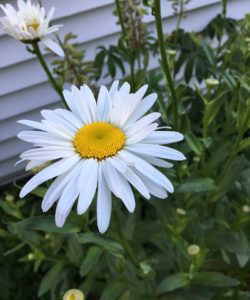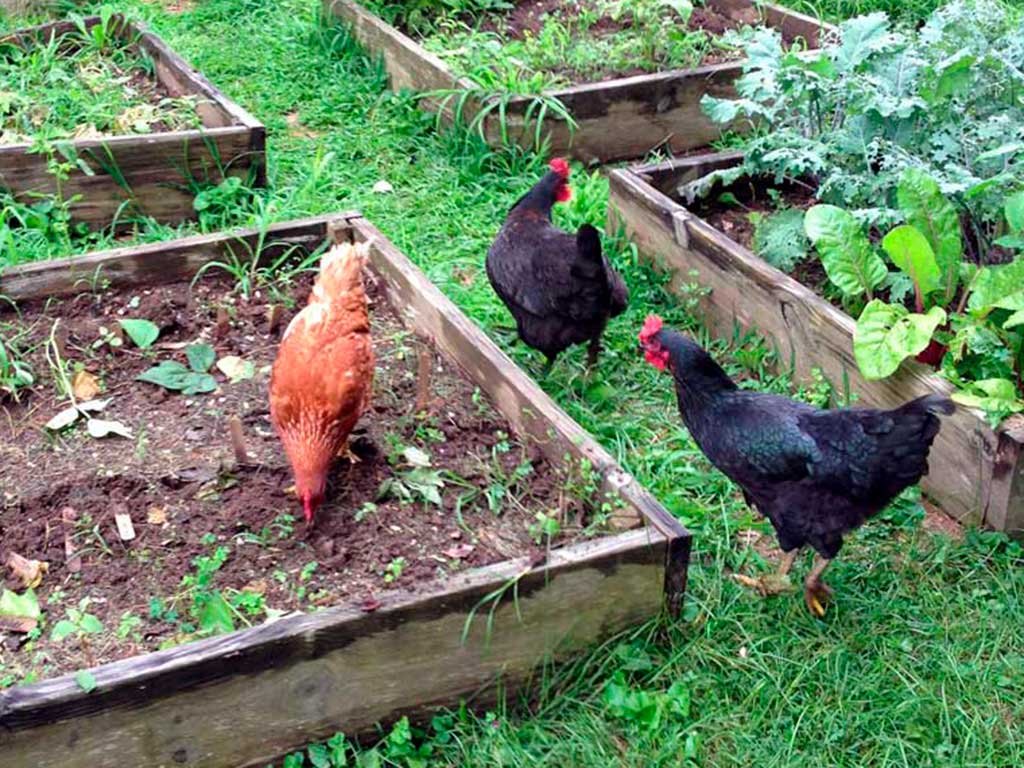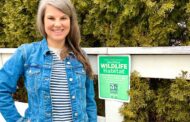By Tony Zeli, Editor
The Portland pesticide ban was passed early this year. City property goes organic this summer. Private property will be required to be organic by January 2019. While residents aren’t required to ditch the synthetic pesticides this growing season, many may wish to get an early start on organic.
In early May the City closed applications for the Pesticide Management Advisory Committee. The committee will issue waivers and educate residents on the ordinance and organic land care practices. In the meantime, here are some brief suggestions.
MOW HIGH
A successful organic lawn begins with mowing high. Mow at the highest setting your mower will allow. The longer the grass the deeper the roots. This reduces the need for watering and increases access to nutrients. Also, longer grass can shade out weeds.
In fact, according to a MOFGA fact sheet, dandelions and crabgrass love lawns that are only 1-inch tall. But a 2- to 2.5-inch-tall lawn prevents dandelions from germinating and stifles crabgrass growth.
Also, leave clippings on the lawn to recycle nutrients and organic matter. Just be careful not to smother the lawn with excess clippings. And water deeply but infrequently in the summer. Lawns in Maine should rarely need to be watered.
USE VINEGAR
A common and well-known alternative to pesticides is vinegar. But note, everyday household vinegar is not strong enough to do the job right. Horticultural vinegar is much stronger and will be more effective. Use with care as it will kill whatever it touches.
This will be a good season to start experimenting with some alternatives to synthetics. Next year, organic is the law unless the pesticide committee issues a waiver.
PLANT NATIVE
In your gardens, why not plant native species to attract birds and pollinators? Attracting birds and helpful insects can help reduce pests, and pollinators are essential to a healthy garden. Native plants conserve biodiversity and create migration corridors for birds and insects.
Resources
There are many resources on native plants such as the Wild Seed Project: http://wildseedproject.net. Ask at your local lawn and garden center and they will be happy to point you in the right direction.
The Portland ordinance is based on South Portland’s. The City of South Portland has established a website with useful information on dealing with specific weeds and pests: http://www.southportland.org/departments/sustainability-office/grow-healthy-south-portland/growing-healthy-yard-and-garden.
Tony Zeli
Tony is publisher and editor of the West End News. Reach him at thewestendnews@gmail.com.








2 Comments
Pingback: Avery Yale Kamila: Protecting Portland from Pesticides - The West End News
Pingback: Tall Grass is for the Bees - The West End News